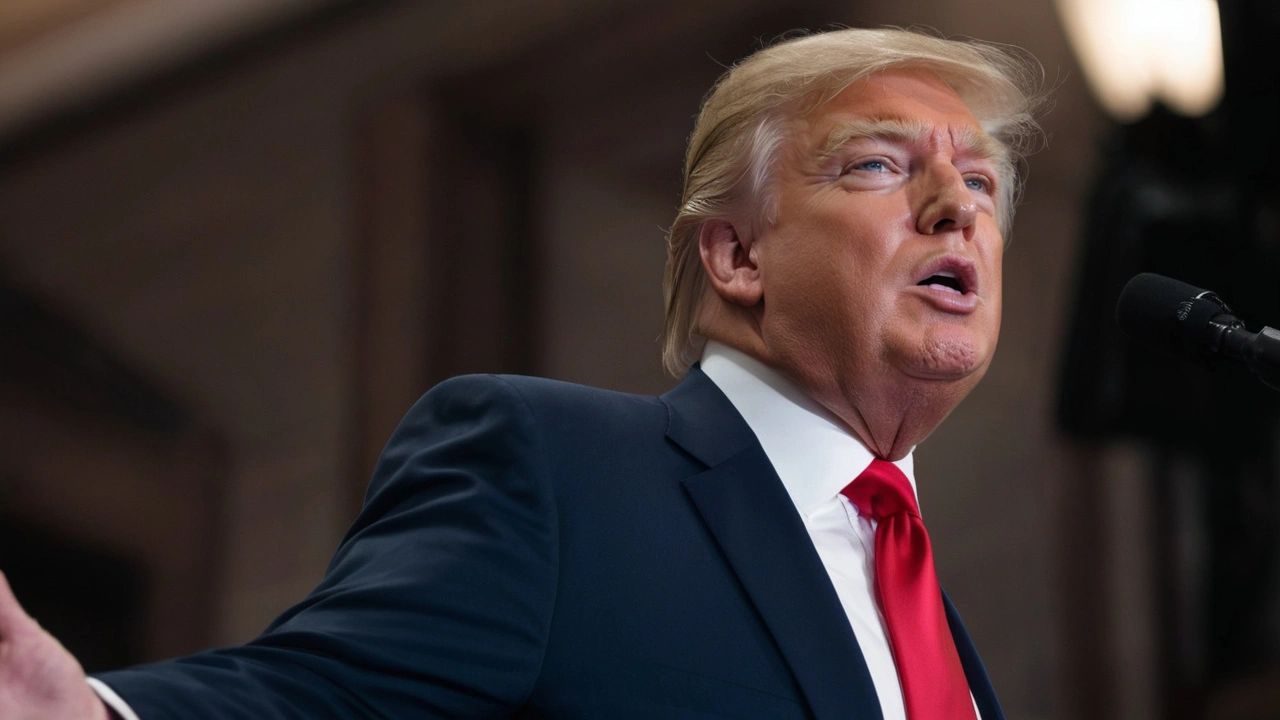Political Bias: What It Is and Why You Should Care
Ever wonder why two outlets can report the same story so differently? That’s political bias at work. It’s when a news source leans toward a particular view, often shaping headlines, word choices, or what gets left out. In Africa, where politics drives daily life, spotting bias helps you get the real picture.
How Bias Shows Up in Headlines
A headline can be a shortcut to influence. One paper might call a protest "peaceful" while another tags it "violent." The difference isn’t always about facts – it’s about framing. Look for loaded words like “crisis,” “scandal,” or “reform.” Those clues tell you the writer may have an agenda.
Quick Ways to Spot Political Bias
First, check who owns the outlet. State‑run stations often echo government talking points. Private sites might favor parties that fund them. Second, compare multiple sources on the same event – if they all say the same thing, you’re probably closer to the truth. Third, notice what’s missing: stories about opposition leaders or grassroots reactions are sometimes omitted.
Social media adds another layer. A trending hashtag can amplify a biased narrative fast. Before sharing, ask yourself if the post gives context or just pushes a single angle. Fact‑checking sites like AfricaCheck can verify claims in seconds.
Bias isn’t always malicious; sometimes it’s unconscious. Reporters grow up with their own experiences and may unintentionally favor familiar viewpoints. That’s why transparency matters – good outlets disclose sources, show multiple perspectives, and correct mistakes openly.
For readers in Africa, staying alert to bias protects democratic conversation. When you understand the tilt, you can weigh arguments better, discuss issues without echo chambers, and support media that strives for balance.
So next time you scroll through a news feed, pause. Ask: Who is telling this story? What language are they using? And where’s the other side? Those three questions are all you need to cut through political bias and get closer to what’s really happening.
Google Faces Accusations of Election Meddling by Omitting Donald Trump Assassination Search Results
Google is under fire for allegedly influencing the 2024 US presidential election by not displaying search results related to the attempted assassination of Donald Trump. The autocomplete feature showed historical events instead of the recent incident, sparking accusations of bias. Google denies any interference, claiming their system's safety features prevent autocomplete suggestions about political violence.
READ MORE
